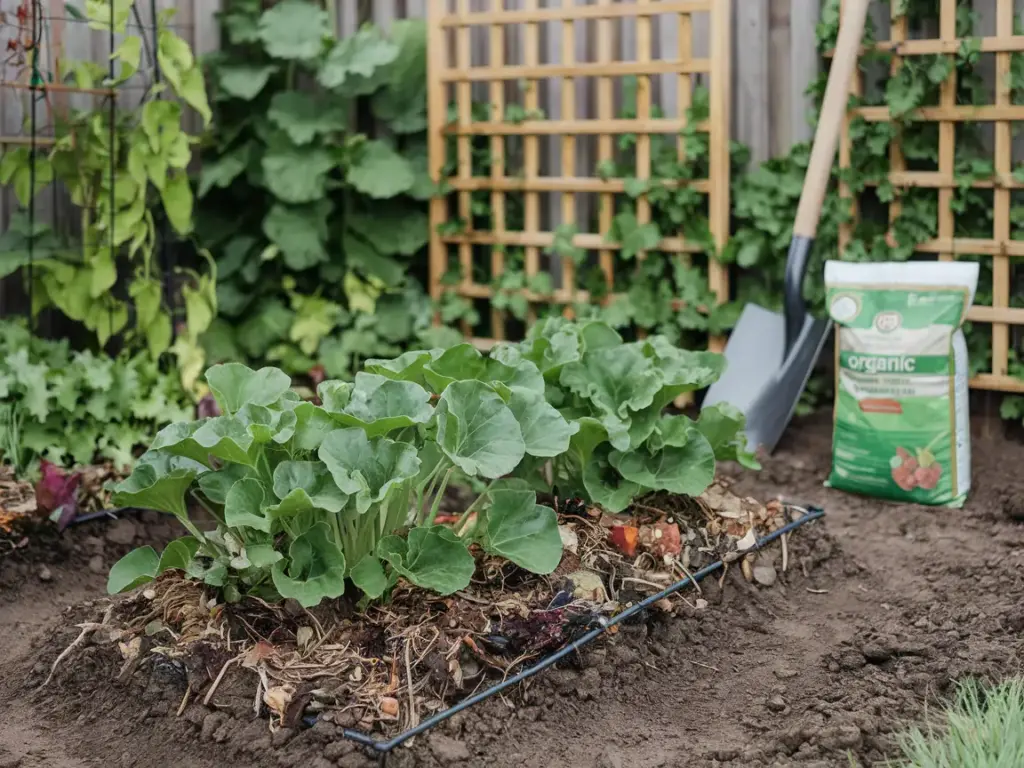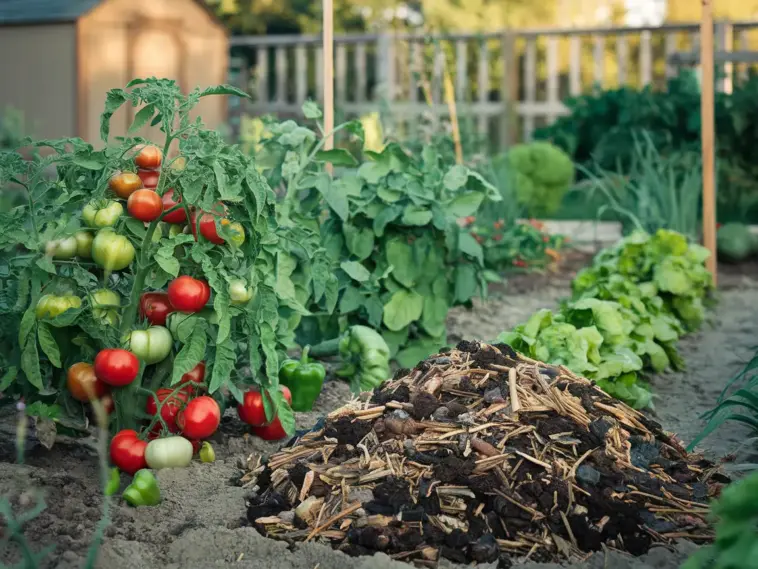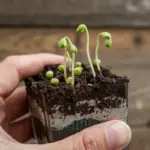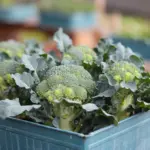Want to know what big agriculture doesn’t want you to discover? Here’s an eye-opening fact: Studies show that vegetables grown with natural fertilizers contain up to 30% more antioxidants than conventionally grown produce!
I’ve spent years uncovering the secrets of organic gardening, and today, I’m pulling back the curtain on the most powerful natural fertilizing methods that commercial growers don’t want you to know about. Get ready to transform your garden into a thriving oasis of nutrient-rich vegetables!
The Hidden Truth About Natural Fertilizers

Let me tell you something that completely changed my gardening game. After teaching horticulture for over 15 years, I’ve seen firsthand how natural fertilizers transform gardens in ways that synthetic ones simply can’t match. And trust me, I wasn’t always Team Natural – I used to be all about those blue crystal fertilizers from the store!
Natural vs. Synthetic: The Real Story
Here’s what really happens in your soil. While synthetic fertilizers give your plants a quick boost (like drinking an energy drink), natural organic fertilizers work more like a slow-release multivitamin. I learned this the hard way when I nearly burned my tomato plants with synthetic fertilizers back in the day. The difference lies in how plants absorb and process these nutrients.
Natural fertilizers contain complex organic compounds that need to be broken down by soil microorganisms. This process creates a living soil web that keeps feeding your plants over time. On the flip side, synthetic fertilizers are like fast food – quick energy but no lasting benefits for soil health.
The Big Agriculture Secret
You might wonder why big agricultural companies don’t promote natural fertilizers more. Well, follow the money! Natural fertilizers are often locally sourced and can be made at home, which means less profit for big companies. I remember attending an agricultural conference where a speaker quietly admitted that their company’s synthetic fertilizers were actually depleting soil quality over time.
The Science of Nutrient Cycling
This is where it gets really interesting! Natural nutrient cycling is like a perfectly choreographed dance in your garden. When you add something like well-aged compost, you’re not just adding nutrients – you’re introducing millions of beneficial microorganisms. These little guys break down organic matter, releasing nutrients in a form that plants can easily use.
I’ve seen this process in action through my microscope (yes, I’m that garden-nerdy!). The soil literally comes alive with beneficial bacteria and fungi that create a natural feeding system for your plants.
Understanding N-P-K: Nature’s Recipe
Let’s demystify that N-P-K formula you see on fertilizer bags. It’s actually pretty simple:
- Nitrogen (N): Promotes leaf growth
- Phosphorus (P): Supports root and flower development
- Potassium (K): Helps with overall plant health
Here’s a cool trick I discovered: You can create a perfect N-P-K balance using a mix of:
- Grass clippings (high in nitrogen)
- Banana peels (rich in phosphorus)
- Wood ash (excellent potassium source)
I’ve tested this combination countless times, and it works like magic!
Want to know something really exciting? In the next section, I’ll show you some amazing natural fertilizer sources that are probably sitting in your kitchen right now! You won’t believe what you can do with those coffee grounds you’ve been throwing away. Click the next button below to discover these secret ingredients that will revolutionize your garden’s fertility naturally.










GIPHY App Key not set. Please check settings